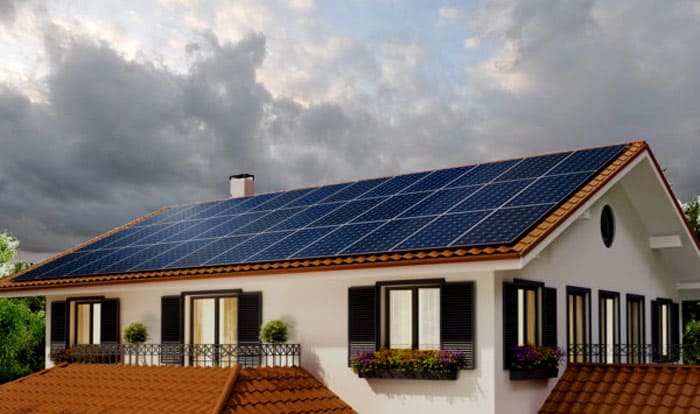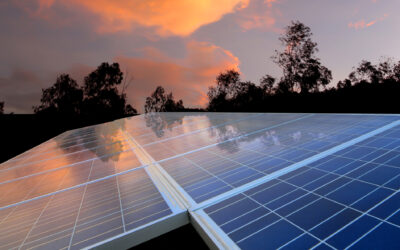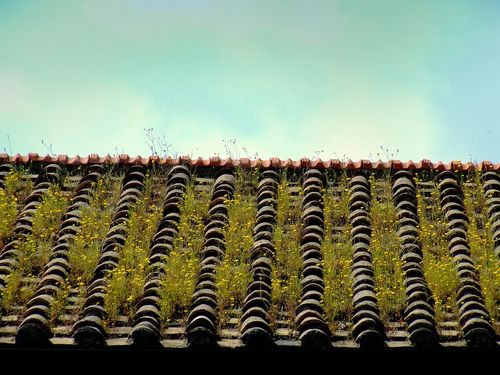Solar Vs Storm Season: How to Keep Your System in Shape During Summer Storms
As Summer approaches, you might be starting to wonder about best practice in keeping your solar system safe during a bad weather spell. Or, if it can handle a bad storm at all! Since solar panels are a significant investment, it’s important to have all the information to determine their ability to withstand the tough conditions you live in. The good news is, despite their looks, solar panels are super robust and can weather any storm if you treat them right. But, it’s important to see the warning signs and know what to do if something goes wrong. Here’s a couple of important things to note about solar systems in storm season.
Power Outages Do Affect Them
During a black out, your system will turn itself off and won’t produce solar energy. Just as any other electronic, this is not something to worry about and your system should turn itself back on and return to full function as soon as the storm passes. Primarily, this is for safety reasons. A large majority of systems are connected to the main grid and having a solar system continually producing power during a black out can be dangerous for utility crews looking to get the main lines back on as quickly as possible.
The exception to this is if your home has a residential battery where your system stores overflow power for situations such as these. In that case, you could be the only ones in the street staying cool during a Summer storm.
Error Lights – What happens when they come on?
Following a bit of bad weather, it’s important to check on your inverter and ensure no damage has been done. Sometimes, you might see an error light come on to indicate something has gone wrong. It could be as simple as ringing your provider or as serious as requiring repairs.
It’s recommended you wait 24 hours for the system to have a go at fixing itself, but if after that period the error lights still show it will be time to reboot the system and seek professional help.
Debris and Hail are a Solar System’s Kryptonite
While solar panels are robust, some storms can cause severe damage through flying or falling debris and large pieces of hail. This could cause some damage to your solar panels and needs to be monitored to ensure no issues occur.
Best practice is to always have home and contents insurance that covers your panels in case of an emergency situation such as this and to give them a call as soon as you see any damage to your system.
Overall, solar systems are tough enough to weather a storm, but it’s important to have back up in the form of insurance, a residential battery and knowledge so you can ensure your system is still running at its best after a nasty bout of weather.
Related Posts

Solar Power and Sunlight: What Happens On Cloudy Days?Reduce Carbon Emissions With Solar Power
It’s without question that solar panels work their best when in direct exposure to the sun. In fact, the beauty

Reduce Carbon Emissions With Solar Power
With many every-day living costs on the rise for home and business owners, investing in solar panels is a clever

Rooftop Rumours: Busting the Top Six Myths about Solar Power
1. As technology improves, solar panels will become cheaper, so I should wait to buy mine While in recent years,
